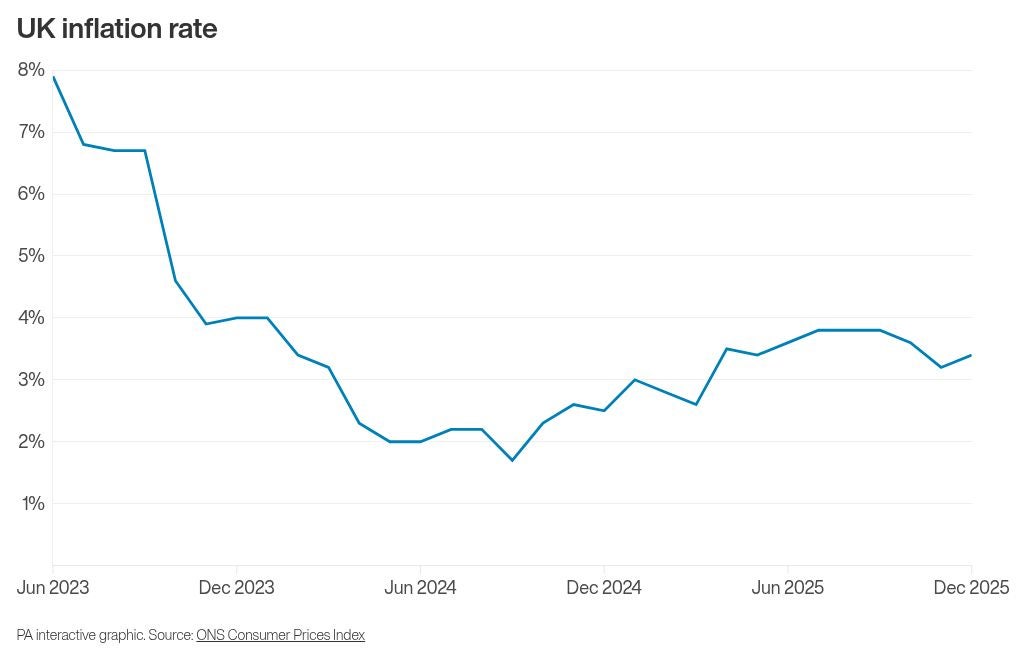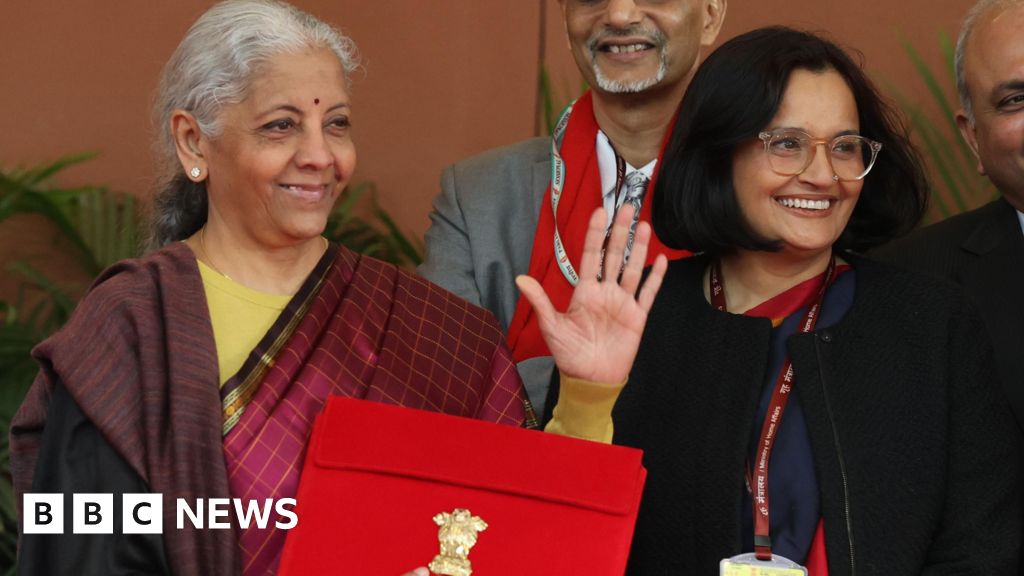Business
Donald Trump’s tariff battle: US Supreme Court fast-tracks review; presidential power limits questioned – The Times of India

The Supreme Court on Tuesday agreed to take up a fast-track review of the Trump administration’s sweeping global tariffs, setting a November hearing that could decide the fate of one of US President Donald Trump’s most significant economic policies. The justices approved an unusually brisk schedule after a federal appeals court last month struck down much of the program, ruling in a 7-4 decision that Trump unlawfully invoked the International Emergency Economic Powers Act (IEEPA) to impose steep import taxes on major US trading partners. The tariffs, however, will remain in effect during the litigation. Five small businesses and a dozen states had challenged the duties, arguing that Congress — not the president — holds the power to levy taxes. “Congress, not the President alone, has the power to impose tariffs,” said Jeffrey Schwab of the Liberty Justice Center, representing affected enterprises that warn of near-bankruptcy under the duties. The administration countered that the 1977 emergency law gives the president broad authority to regulate imports when national security or the economy is threatened. Solicitor General D. John Sauer warned that the appeals court ruling “casts a pall of uncertainty upon ongoing foreign negotiations that the president has been pursuing through tariffs … jeopardizing both already negotiated framework deals and ongoing negotiations,” as quoted by NYT. The stakes are high: Trump has used tariffs both as leverage in trade talks and as a revenue source, with collections reaching £159 billion by late August — more than double last year’s figure. Officials also cautioned that overturning the tariffs could force the Treasury to refund billions, potentially affecting resources earmarked for fentanyl control and support for Ukraine in its war with Russia. The case marks the first time the Supreme Court will hear full arguments on Trump’s expansive use of emergency powers, after previously granting temporary approvals for other policies. With a conservative majority that includes three Trump appointees, the court will now weigh whether presidential authority under IEEPA extends to such far-reaching trade actions — or whether Congress must reclaim the power to tax.
Business
‘Holistic And Forward-Looking’: Piyush Goyal Says Budget 2026 Reflects Future-Ready India

Last Updated:
Piyush Goyal termed the Budget “economically and fundamentally very strong”, and stated that it “reflects the aspirations of the youth of the country”.

Minister of Commerce and Industry Piyush Goyal. (File photo)
Union Minister Piyush Goyal on Sunday termed Budget 2026 “futuristic and holistic”, and stated that it “reflects the aspirations of the youth of the country and is forward-looking”.
Speaking exclusively to CNN-News18 on Budget 2026, presented by Finance Minister Nirmala Sitharaman, Goyal said, “This is a fabulous budget and it is very futuristic. The Budget 2026 has covered all sectors including technology, infrastructure, etc.”
“The technology sector has been given a thrust. The budget focuses on infrastructure. It is a holistic and forward-looking budget refecting future ready Bharat,” he said, adding, “The budget meets the aspirations of the youth and new India.”
Stating that the Budget is economically and fundamentally very strong, the Union Minister said, “Farmers, animal husbandry and labour-intensive sectors get a major push as this Budget focuses on investment, value addition and jobs.”
#Exclusive | “The Budget is economically and fundamentally very strong,”Preparing India for Viksit Bharat. Farmers, animal husbandry and labour-intensive sectors get a major push as the Budget focuses on investment, value addition and jobs.@Parikshitl in an exclusive… pic.twitter.com/tJr2SItcaW
— News18 (@CNNnews18) February 1, 2026
‘Budget 2026 Is Human-Centric’: PM Modi
Prime Minister Narendra Modi on Sunday said that the Union Budget 2026 is “human-centric and strengthens India’s foundation with path-breaking reforms.” The Prime Minister also described it as historic and a catalyst for accelerating the country’s reform trajectory and long-term growth.
Following the presentation of the Budget in Parliament, PM Modi said the proposals would energise the economy, empower citizens and give India’s youth fresh opportunities to scale new heights.
“This budget brings the dreams of the present to life and strengthens the foundation of India’s bright future. This budget is a strong foundation for our high-flying aspirations of a developed India by 2047,” he said.
Calling the government’s reform agenda a “Reform Express”, the Prime Minister added, “The reform express that India is riding today will gain new energy and new momentum from this budget.”
February 01, 2026, 19:01 IST
Read More
Business
How inflation rebound is set to affect UK interest rates

Interest rates are widely expected to remain at 3.75% as Bank of England policymakers prioritise curbing above-target inflation while also monitoring economic growth, according to expert analysis.
The Bank’s Monetary Policy Committee (MPC) is anticipated to leave borrowing costs unchanged when it announces its latest decision on Thursday, marking its first interest rate setting meeting of the year.
This follows a rate cut delivered before Christmas, which was the fourth such reduction.
At the time, Governor Andrew Bailey noted that the UK had “passed the recent peak in inflation and it has continued to fall”, enabling the MPC to ease borrowing costs. However, he cautioned that any further cuts would be a “closer call”.
Since that decision, official data has revealed that inflation unexpectedly rebounded in December, rising for the first time in five months.
The Consumer Prices Index (CPI) inflation rate reached 3.4% for the month, an increase from 3.2% in November, with factors such as tobacco duties and airfares contributing to the upward pressure on prices.
Economists suggest this inflation uptick is likely to reinforce the MPC’s inclination to keep rates steady this month.
Philip Shaw, an analyst for Investec, stated: “The principal reason to hold off from easing again is that at 3.4% in December, inflation remains well above the 2% target.”
He added: “But with the stance of policy less restrictive than previously, there are greater risks that further easing is unwarranted.”
Shaw also highlighted other data points the MPC would consider, including gross domestic product (GDP), which saw a return to growth of 0.3% in November – a potentially encouraging sign for policymakers.
Matt Swannell, chief economic advisor to the EY ITEM Club, affirmed: “Keeping bank rate unchanged at 3.75% at next week’s meeting looks a near-certainty.”

He noted that while some MPC members who favoured a cut in December still have concerns about persistent wage growth and inflation, recent data has not been compelling enough to prompt back-to-back reductions.
Edward Allenby, senior economic advisor at Oxford Economics, forecasts the next rate cut to occur in April.
He explained: “The MPC will continue to face a delicate balancing act between supporting growth and preventing inflation from becoming entrenched, with forthcoming data on pay settlements likely to play a decisive role in shaping the next policy move.”
The Bank’s policymakers have consistently voiced concerns regarding the pace of wage increases in the UK, which can fuel overall inflation.
Business
Budget 2026: India pushes local industry as global tensions rise

India’s budget focuses on infrastructure and defence spending and tax breaks for data-centre investments.
Source link
-

 Sports5 days ago
Sports5 days agoPSL 11: Local players’ category renewals unveiled ahead of auction
-

 Tech1 week ago
Tech1 week agoStrap One of Our Favorite Action Cameras to Your Helmet or a Floaty
-

 Sports1 week ago
Sports1 week agoWanted Olympian-turned-fugitive Ryan Wedding in custody, sources say
-

 Entertainment1 week ago
Entertainment1 week agoThree dead after suicide blast targets peace committee leader’s home in DI Khan
-

 Tech1 week ago
Tech1 week agoThis Mega Snowstorm Will Be a Test for the US Supply Chain
-

 Fashion1 week ago
Fashion1 week agoSpain’s apparel imports up 7.10% in Jan-Oct as sourcing realigns
-

 Entertainment1 week ago
Entertainment1 week agoUFC Head Dana White credits Trump for putting UFC ‘on the map’
-

 Entertainment5 days ago
Entertainment5 days agoClaire Danes reveals how she reacted to pregnancy at 44













